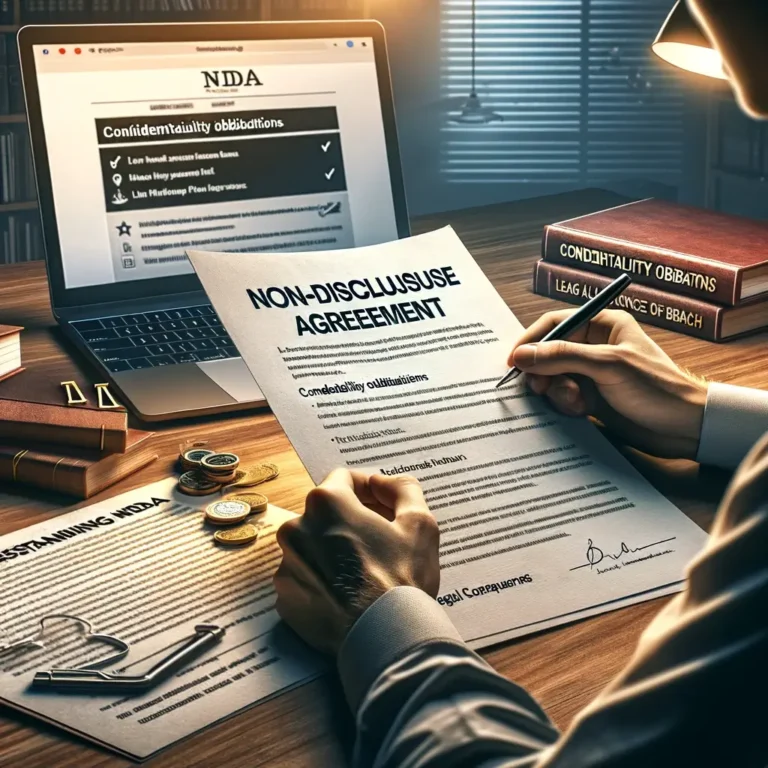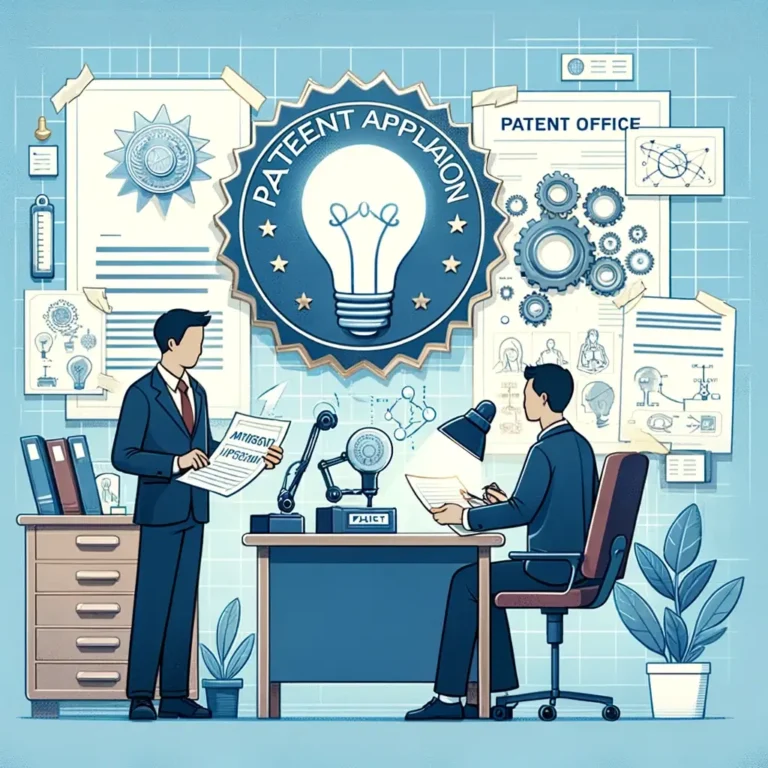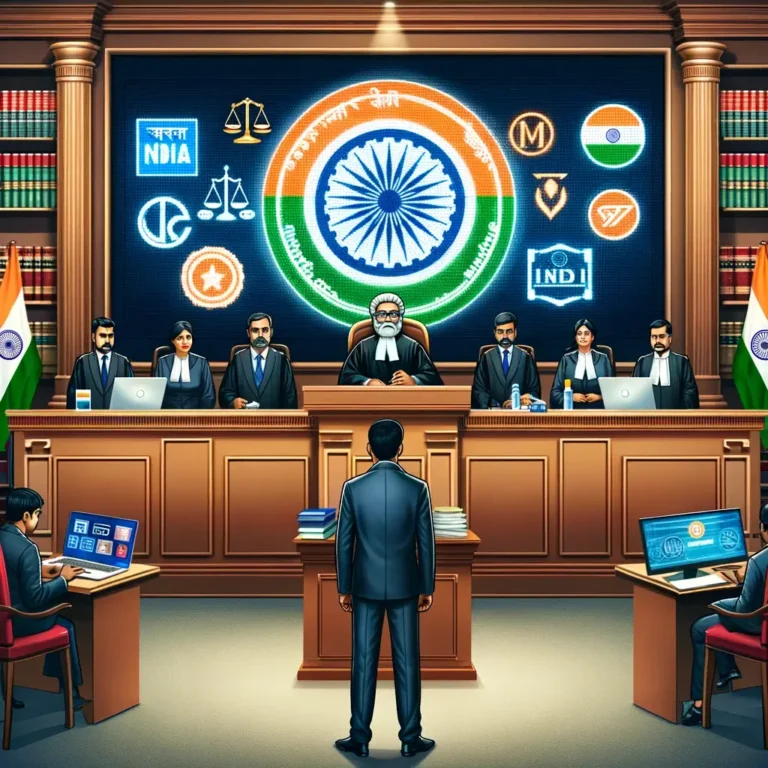This article is a guide for Copyright Laws For Digital Content Creators. In the vibrant digital age, content creation has become a passion and profession for many in India. From blogs and videos to digital art and music, the internet is teeming with creativity. But with great creativity comes the great responsibility of understanding copyright laws. These laws protect your work from being used without permission, ensuring you get the recognition and potentially, the revenue you deserve. Let’s dive into the essentials of copyright laws for digital content creators in India, explained in the simplest terms.
Understanding Copyright in India
What is Copyright?
Copyright is a type of intellectual property right that gives creators control over their original works. This includes literary, musical, dramatic, and artistic works, as well as cinematograph films and sound recordings. In India, copyright law is governed by the Copyright Act, 1957. This law ensures that creators can protect their work from unauthorized use.
How Does Copyright Work?
Once you create an original piece of work and fix it in a tangible medium (like recording a song or saving a digital artwork), it is automatically protected by copyright under Indian law. You don’t need to register it, but registration can help in legal disputes.
Navigating Copyright Laws for Digital Content Creators Under Indian Law
Exclusive Rights
As a content creator, you have exclusive rights to:
- Reproduce your work
- Publish or distribute it
- Perform it in public (for performance arts)
- Make adaptations of the work
Moral Rights
Moral rights protect the personal relationship between a creator and their work, allowing you to:
- Claim authorship
- Object to any distortion, mutilation, or modification that would harm your reputation
How to Protect Your Digital Content
Copyright Registration
While not mandatory, registering your copyright with the Copyright Office in India strengthens your legal standing in case of infringement.
Use Copyright Notices
Placing a copyright notice (©) on your work signals to others that the work is protected. Include your name and the creation date.
Creative Commons Licensing
If you wish to share your work under flexible terms, consider using a Creative Commons license. This allows you to specify conditions under which others can use your work.
Dealing with Copyright Infringement
Monitoring Your Content
Regularly check the internet for unauthorized use of your work. Tools like reverse image search or content ID systems can help.
Sending Take-down Notices
If you find someone using your work without permission, you can send them a take-down notice, asking them to remove it. In India, this is often the first step in addressing infringement.
Legal Action
If infringement continues, you may need to take legal action. Consulting with a lawyer who specializes in intellectual property law is advisable.
Conclusion: Empowering Digital Creativity
Understanding copyright laws empowers you as a digital content creator. It not only protects your creative endeavors but also respects the creativity of others. In the vast digital landscape of India, being informed about your rights and responsibilities ensures that the digital world remains a fair and exciting place for creators.
FAQs on Copyright Laws for Digital Content Creators in India
- What is copyright?
- Copyright is a legal right granted to creators for their original works, offering protection against unauthorized use.
- Who does copyright protect in India?
- It protects authors, artists, composers, filmmakers, and other creators of original literary, artistic, musical, and dramatic works.
- Do I need to register my work for copyright protection in India?
- No, copyright protection is automatic upon creation of the work. However, registration provides legal evidence of ownership.
- How long does copyright last in India?
- Copyright lasts for the lifetime of the author plus 60 years after their death for literary, dramatic, musical, and artistic works.
- Can I use copyrighted material without permission?
- Using copyrighted material without permission is generally infringement, except for fair use or if the work is in the public domain.
- What is fair use?
- Fair use allows limited use of copyrighted material without permission for purposes like criticism, review, research, or news reporting.
- Is sharing music or videos online copyright infringement?
- Without permission or legal basis (like fair use), sharing copyrighted music or videos online can be considered infringement.
- How can I protect my digital content online?
- Use copyright notices, register your copyright, and employ digital rights management (DRM) tools.
- What should I do if someone steals my digital content?
- You can send a take-down notice or seek legal advice to pursue copyright infringement claims.
- Can I copyright an idea?
- No, copyright does not protect ideas, concepts, or methods of operation, but the expression of those ideas.
- How do I register copyright in India?
- Copyright registration can be done through the Copyright Office of India’s website by submitting the required forms and fees.
- What is a copyright notice?
- A copyright notice is a statement that identifies the copyright owner and the year of publication, used to inform the public of copyright.
- Are memes covered by copyright?
- The original content of memes can be copyrighted, but their transformative use may fall under fair use.
- Can I copyright a domain name?
- Domain names are not protected by copyright law but can be protected under trademark law if they qualify.
- Is uploading fan fiction legal?
- Fan fiction can infringe copyright if it uses copyrighted characters or settings without permission, though some uses may qualify as fair use.
- What are moral rights?
- Moral rights protect the personal and reputational connection between a creator and their work, including the right to attribution and integrity.
- Can I use copyrighted material for educational purposes?
- Use for educational purposes may qualify as fair use, but it depends on the nature and extent of the use.
- What does “all rights reserved” mean?
- It indicates that the copyright owner holds all legal rights offered by copyright law, including reproduction and distribution.
- Can I copyright a logo?
- Yes, logos can be copyrighted if they meet the originality criterion. They can also be protected under trademark law.
- How does copyright affect digital content creators?
- It provides creators with exclusive rights to their work, allowing them to monetize and protect their content from unauthorized use.
- What is a Creative Commons license?
- Creative Commons licenses allow creators to grant permission for others to use their work under specified conditions.
- Can I use a copyrighted work if I credit the author?
- Crediting the author does not automatically grant the right to use their work. Permission is still required.
- What is copyright infringement?
- It’s the unauthorized use of copyrighted material in a way that violates one or more of the copyright owner’s exclusive rights.
- How can I legally use copyrighted material?
- Obtain permission from the copyright owner, use material in the public domain, or ensure your use qualifies as fair use.
- What are the penalties for copyright infringement in India?
- Penalties can include fines and imprisonment, depending on the severity of the infringement.
- Can I copyright my website content?
- Yes, original content on your website, such as text, graphics, and layout, can be protected by copyright.
- How do I give someone permission to use my copyrighted work?
- You can grant permission through a license agreement, specifying the terms under which your work may be used.
- What is a take-down notice?
- A notice sent to infringers or their service providers demanding the removal of copyrighted material used without permission.
- Can copyright protection extend internationally?
- Yes, through international treaties like the Berne Convention
















